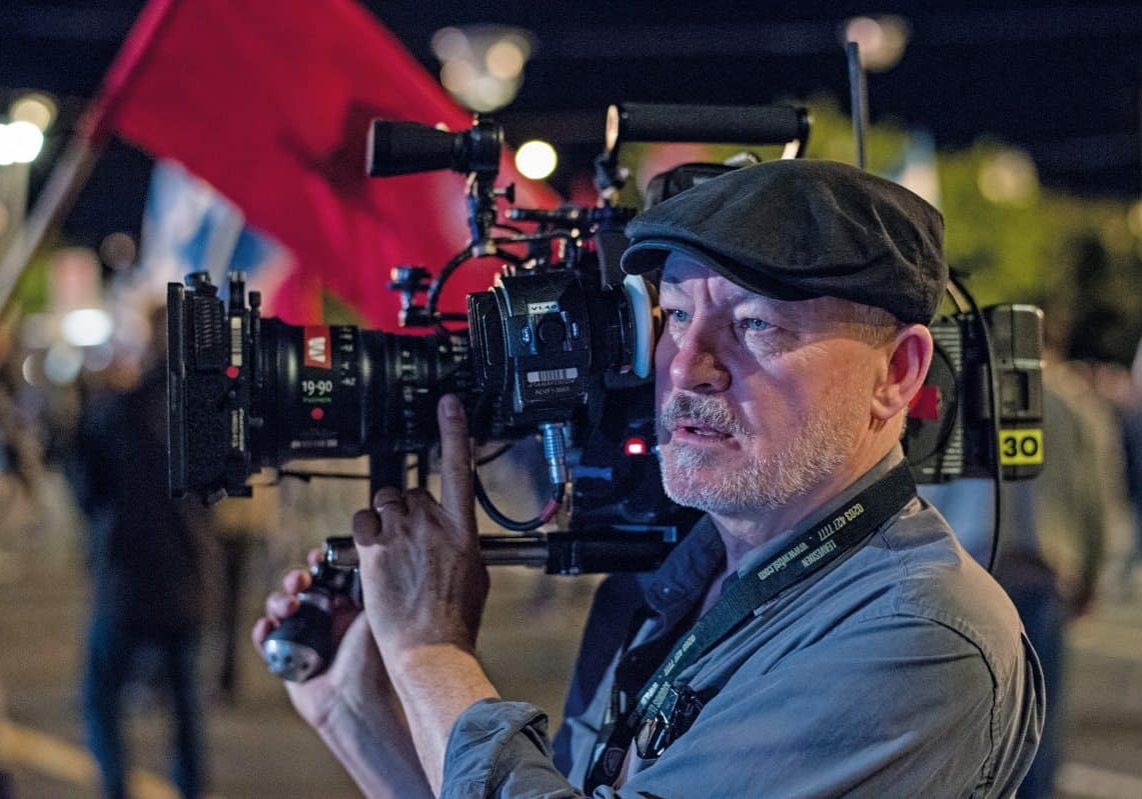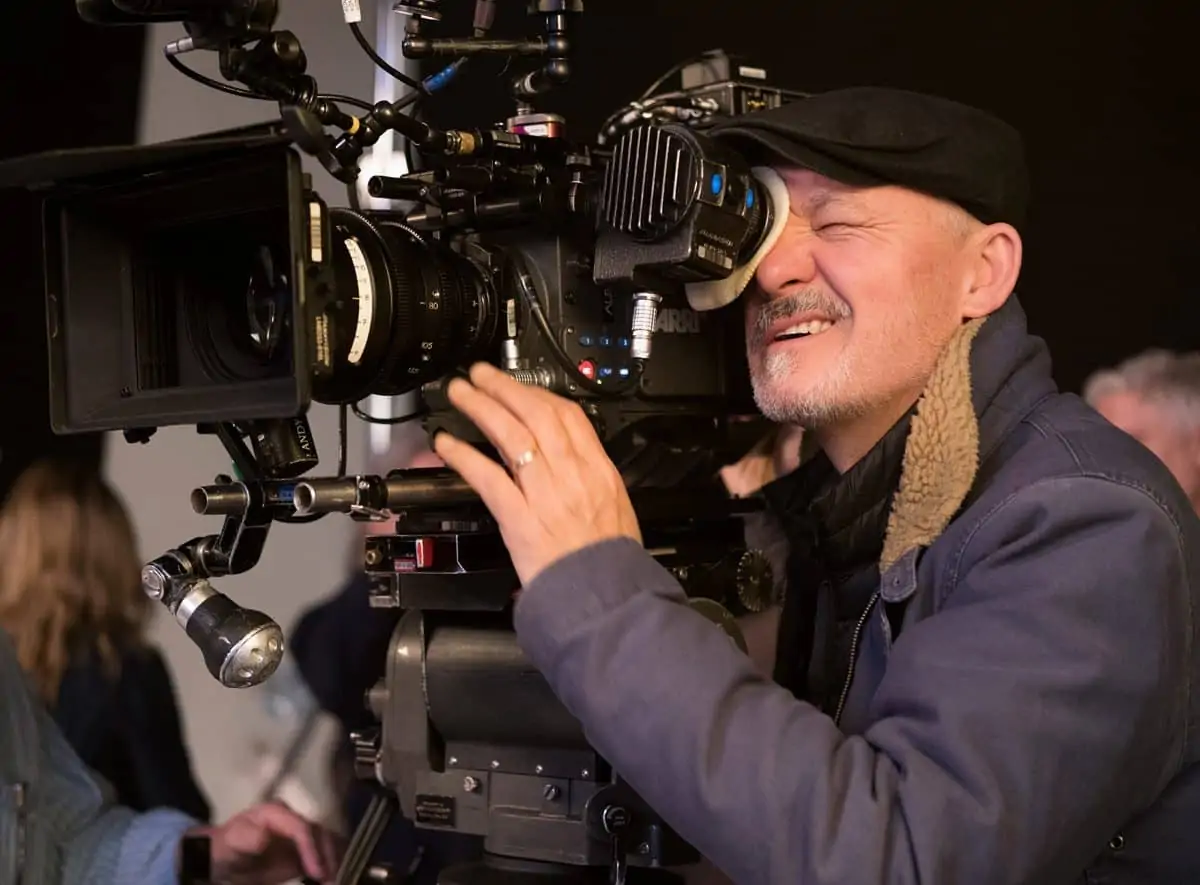Spoilt for Choice
President's perspective / Barry Ackroyd

Spoilt for Choice
President's perspective / Barry Ackroyd
I recall, about 10 or 12 years ago, reluctantly taking my son and a bunch of his mates to see a blockbuster movie at The Empire, Leicester Square.
First I tried to subtly steer them away from the popcorn by telling them, “It's the stuff they vacuum up from the floor after the last performance”. It didn't work. Next then it came to drinks, "Maybe a fresh orange juice? Or a sparkling water?” No!
It's then that I looked up and came across the proclamation, "Spoilt for choice". Of course, without a flicker of irony, it was pointing out the singular lack of choice. Coca-Cola products only. It was there, in the aptly-named Empire, Leicester Square, that I realised this is our fate: the corporate world equals lack of choice.
Fast forward to this year’s Oscars, where the lack of choice was lit up by the #OscarsTooWhite campaign, which pointed to the elephant in the room and exposed the glaring fact that diversity and opportunity have been subjugated for the sake of conformity. Spoilt for choice, again!
So now we all know the problem. In truth it's been with us far too long, and it's time we acknowledge it and start to change. At the BSC, we know that we need to look at ourselves and ask how's it going to change. How can we deal with our own big issue, the glaring lack of diversity in our industry? How are we to change this 93% male society of cinematographers?
We know it's an unfair world, and not only on the red carpet. We see our limitation. We see it when we sit down to dinner at Operators Night. We see it at our board meetings. We see it on the credits of most of the films and TV shows that carry a title card that says “cinematography”. Our problem is that it's a white male world and, therefore, in no way can we say we are a representative society. Though, in all fairness, this problem has been around for a long time. Indeed, it's an inherited problem, but surely it's this that makes it even more important that we begin to deal with the issue right now.
The motto of the British Society Of Cinematographers is, "Preserve the image". What that means to me is that it's our role to be creative, inventive, different and diverse. It also means we need to show a broad creative vision of the world and, as such, we need to encourage, assist and create opportunities. It's our role to allow the very best to shine. What we can do as cinematographers is to encourage and mentor new, younger and more socially-diverse cinematographers – to be more inclusive, whilst still retaining the highest standards for others to follow.
It's as much our role as cinematographers to mentor and encourage new talent, as it is to make films, but there is little we can do as cinematographers to generate the work. We are not the ones who decide which films get made, the subject matter, nor the cast, etc., but we are the vital cog in a complex wheel.
So we ought to use our influence to encourage and assist, producers, writers and directors to build into the very process of film production, opportunities for new talent, women, black, Asian and ethnic minorities as well as to encourage equality for greater social mobility.
It’s no small task, especially as we see the world become a less equal place day-by-day, which is why, for me, it becomes more crucial for production companies to be making films that represent the real world. After all, cinema as popular culture is made to speak to all minorities.
It's always true that you can't please all the people all the time. It's not even desirables of try. We are a world of minorities. Yet we have corporate studios taking the tax breaks, reaping the profits and then telling us we are "spoilt for choice" when they offer up multiple remakes, spin offs, sequels and guaranteed money-spinners. That’s not what I call choice. It's like being offered Coca-Cola as the only drink.
In my mind if we rightly expect diversity, then we must expect opportunity for new ideas and diverse films to get made, with the same backing and encouragement and promotion as studio movies.
Until minority and world cinema are treated like corporate movies, backed financially and promoted widely, then the training ground of talent, the world of short films and the underfunded first feature, the very places where diversity thrives, then opportunity has little chance.
Diversity needs opportunity and a properly-funded cinema. Commissioning that takes risks; producers who will take a chance, and give a break to new talent; distributors who want to surprise and not just spoon-feed the audience. Then we truly would be spoilt for choice.
Long live cinema!
Barry Ackroyd BSC
President
British Society Of Cinematographers



